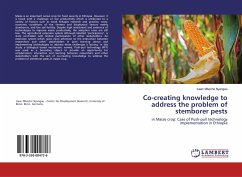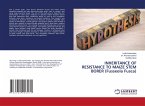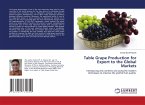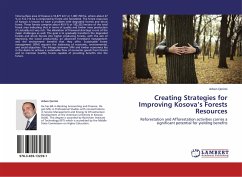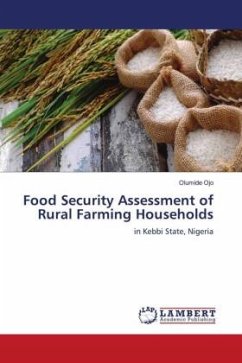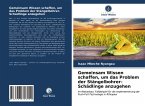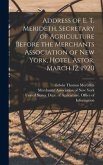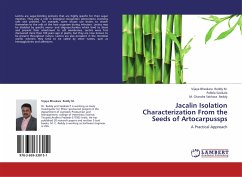Maize is an important cereal crop for food security in Ethiopia. However, it is faced with a challenge of low productivity which is attributed to a variety of factors such as weak linkages research and practice, socio-economic conditions of the farmers and biophysical factors mainly stemborers, and low soil fertility. Despite high investment and existence of technologies to improve maize productivity, the adoption rates are still low. The agricultural extension system although labelled 'participatory', is state controlled with limited participation of other stakeholders. An extension system which gives more attention to the interaction between researchers and other stakeholders in joint learning about and implementing technologies to address these challenges is lacking. In this study, a biological based mechanism, named, Push-pull technology (PPT) was used as a boundary object to provide an opportunity for collaboration, interaction and learning between researchers and other stakeholders with the aim of co-creating knowledge to address the problem of stemborer pests in maize crop.

